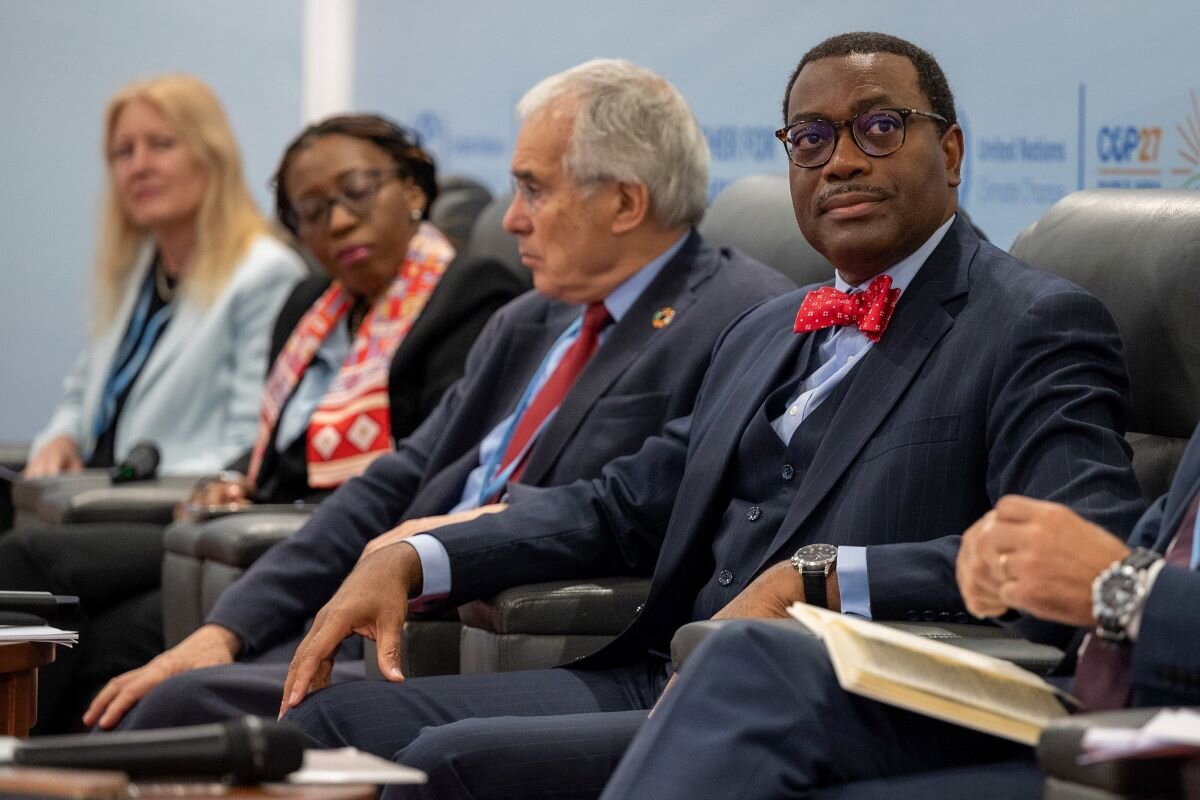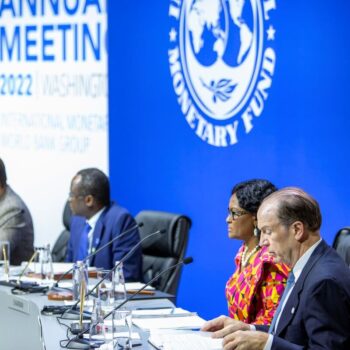At COP27 a lively discussion took place between countries on how to take forward the Paris Agreement’s finance goal. EU member states took the lead among those calling for Article 2.1c, as the goal is otherwise known, to be placed on the formal negotiation agenda.
Sitting alongside the Paris Agreement’s goals to cap global temperature rise at 1.5°C, and to adapt to climate change, the language of the finance goal is: “Making finance flows consistent with a pathway towards low greenhouse gas emissions and climate-resilient development.”
In 2015 at Paris, finance ministries and regulators had barely begun to address how they should use the financial system to fight climate change. Today the situation could not be more different. The need for major reform is widely acknowledged on many fronts:
- As the Independent High-Level Expert Group on Climate Finance chaired by Vera Songwe and Nicolas Stern set out in the first few days of COP27, the transformed financial landscape of 2022 offers the opportunity for systemic reforms that will mobilise finance at scale for the climate transition. Similar sentiments were voiced in the G20 Leaders’ Communique issued during the COP.
- Ambitious agendas for public and development finance reforms are under discussion, for instance the Bridgetown Initiative led by the Prime Minister of Barbados, and climate-related reforms by the IMF that address the barriers to investment created by indebtedness and market risk perceptions. New instruments such as climate resilient debt clauses are emerging, and Multilateral Development Banks are reviewing recommendations to improve their capital adequacy.
- Voluntary private sector pledges are rapidly being replaced by regulatory expectations, including the EU’s Corporate Sustainability Reporting Directive (CSRD). The UN Secretary-General’s High Level Expert Group on the Net-Zero Emissions Commitments of Non-State Entities made further recommendations signalling high expectations, and recommended establishing an international taskforce of regulators to take forward net zero integrity.
- International finance bodies are working to address finance for climate transition— including the Financial Stability Board, Network for Greening the Financial System, and G20 Sustainable Finance Working Group alongside finance ministries and financial regulators in developing and developed countries. New rules can be seen as adding burden but can also mobilise and direct high-quality green investment in all countries. This is particularly true in emerging markets and developing economies, and when accompanied by additional measures to support climate vulnerable countries.
- Emerging economies are actively working with both public and private sources of finance to forge Just Energy Transition Partnerships at massive scale that will support their low-carbon transition on a national level. South Africa and Indonesia will be followed by others including Vietnam.
- More countries are exploring windfall taxes on fossil fuel and energy sector profits as a means of scaling domestic resources. Proposals are emerging for global use of such revenues for addressing climate disaster reconstruction.
This current economic moment is timely for focusing on the financial reforms implied by Article 2.1c. But with the 1.5°C temperature goal on a knife edge, it is almost too late.
Discussion of Article 2.1c proved challenging at COP27, not least because there was no common understanding of what the finance goal’s operationalisation would entail. Ministers agreed on actions to continue explorations and assessments in 2023. Potential links between this goal and other COP processes, such as the Global Stocktake and the agreement of a post-2025 finance goal, remain relatively unexplored. However, the wider momentum for financial system reform was evident throughout COP, building on signals in other fora including the IMF and World Bank Annual Meetings and the G20 Leaders’ Summit.
Europe was right to champion discussion of Article 2.1c in Sharm El Sheikh. But to take this discussion forward in 2023, Europe must bring countries along with its vision for reform and should build a wider coalition of support, both at COP and in other multilateral spaces. Europe should set out how the financial system reforms that it seeks will benefit all countries, including the most vulnerable. Crucially, EU leadership abroad must be backed up by consistent policy action at home – including a coherent approach to financing the climate transition for all member states.


